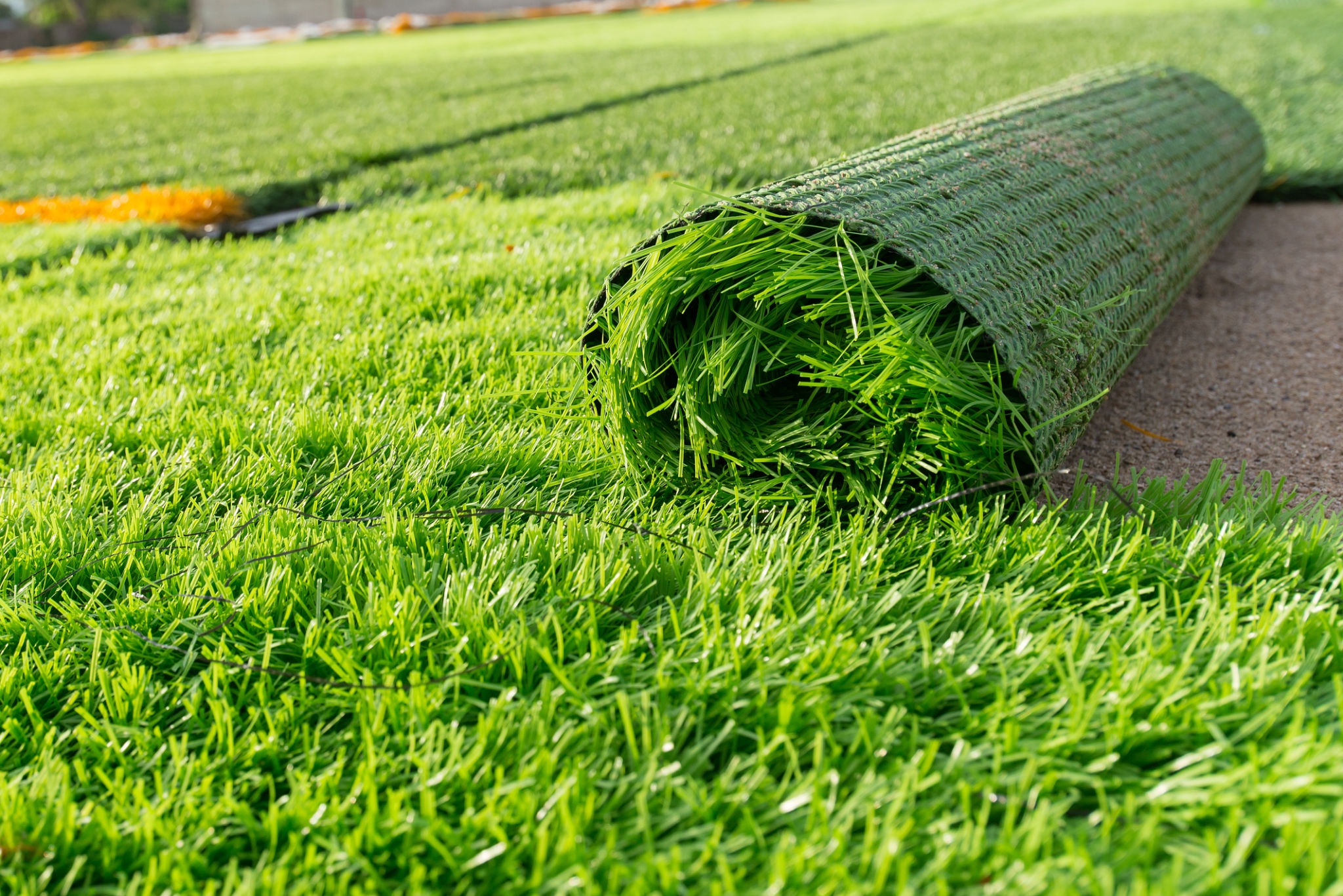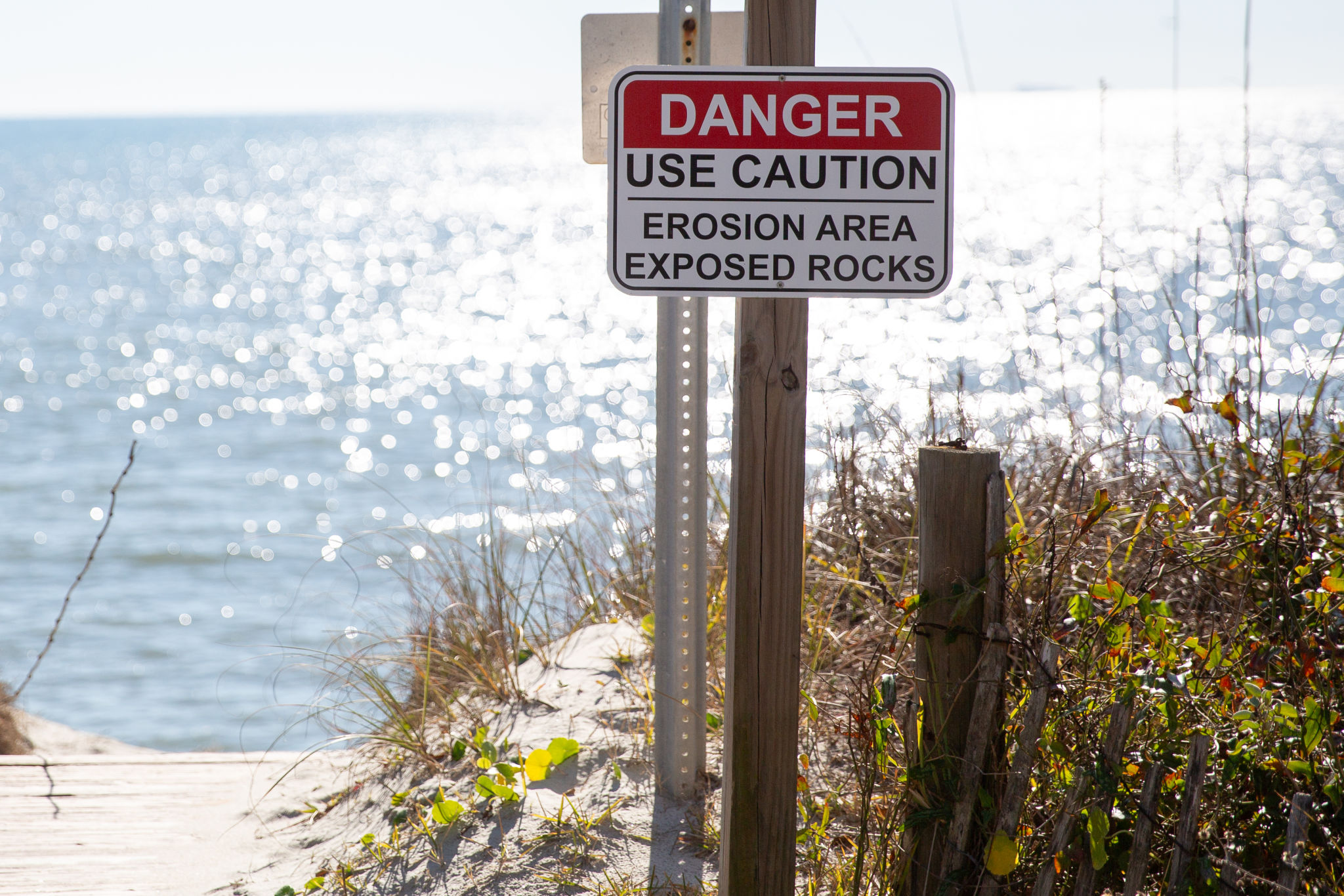The Benefits of Installing Eco-Friendly Synthetic Grass in Coastal Areas
Why Choose Eco-Friendly Synthetic Grass?
Coastal areas present unique environmental challenges, from salt exposure to erosion concerns. Choosing eco-friendly synthetic grass for these regions offers numerous advantages over traditional natural lawns. One primary benefit is the significant reduction in water usage, which is critical in areas where water conservation is essential. Synthetic grass requires no watering, making it an excellent choice for those looking to conserve this precious resource.
Additionally, eco-friendly synthetic grass eliminates the need for harmful pesticides and fertilizers, which can easily run off into the ocean and harm marine life. By choosing this alternative, you contribute to a healthier coastal ecosystem while enjoying a beautifully maintained lawn year-round.

Durability Against Coastal Conditions
Synthetic grass is designed to withstand the harsh conditions typical of coastal areas. The materials used are resistant to saltwater and UV rays, ensuring that your lawn will remain lush and vibrant despite constant exposure to the elements. This durability means less maintenance and longer-lasting beauty compared to natural grass, which can quickly deteriorate under similar conditions.
Moreover, eco-friendly synthetic grass helps combat soil erosion, a common issue in coastal regions. By providing a stable surface, it reduces the impact of wind and water movement on the underlying soil, promoting a more stable landscape.

Economic Benefits
While the initial investment in eco-friendly synthetic grass may be higher than seeding or sodding a natural lawn, the long-term savings are substantial. Homeowners can expect to save on water bills, lawn maintenance costs, and even property insurance rates, as synthetic turf is less susceptible to damage from coastal storms.
Beyond personal financial savings, communities that adopt synthetic grass in public spaces can also benefit economically. Reduced maintenance costs allow for the reallocation of funds to other community projects, enhancing overall public welfare.

Aesthetic Appeal and Versatility
Eco-friendly synthetic grass offers a consistently green and manicured appearance throughout the year. This aesthetic appeal is particularly valuable in coastal areas where natural grass can struggle to maintain its color due to saline and harsh weather conditions.
Furthermore, synthetic grass is highly versatile. It can be installed in various locations, from residential gardens to parks and sports fields, providing a reliable surface for various applications. Its adaptability makes it an ideal solution for diverse landscaping needs.
Environmental Impact
The installation of eco-friendly synthetic grass reduces the carbon footprint associated with traditional lawn care. There's no need for gas-powered mowers or trimmers, and the elimination of chemical fertilizers and pesticides means fewer pollutants entering the environment.
Many manufacturers of synthetic grass now use recyclable materials in production, making it an even more sustainable choice. As technology advances, the environmental benefits of synthetic grass continue to grow, supporting both personal and planetary health.

Conclusion
In summary, installing eco-friendly synthetic grass in coastal areas provides a multitude of benefits that extend beyond aesthetics. It offers durable and sustainable solutions for homeowners and communities alike, promoting environmental conservation while delivering economic savings. Whether you're looking to enhance your property's appearance or contribute positively to your local ecosystem, synthetic grass is a choice worth considering.